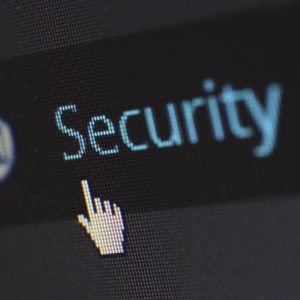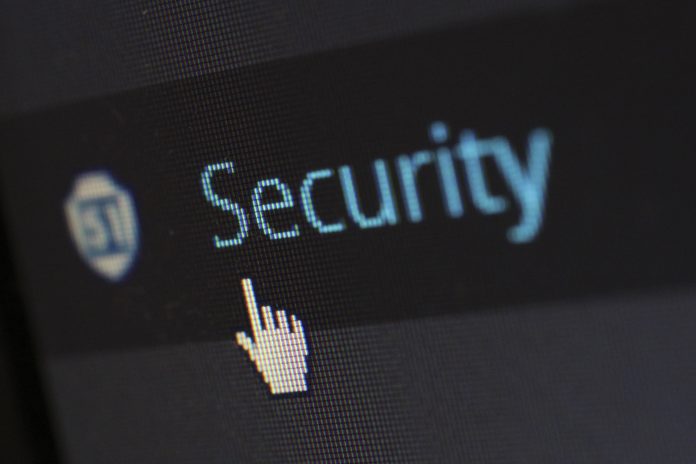
In recent years, the usage of linux operating systems has increased a bit. Though, not at that impressive rate, there have been more users shifting towards Linux based systems. And around 50% of the internet users are running some sort of Linux flavor on their systems.
There was a time when Linux users would consider themselves as the lucky souls who were not afraid of cyber-attacks or other kinds of vulnerabilities.
But it is no secret that the Linux server has become one of today’s most desirable targets. The past few years have seen emerging malware strains that demonstrate new and dangerous tactics for spreading, remaining undetected on your machine – Cloud Snooper, EvilGnome just to name a couple!
This post is going to elaborate you with some knowledge on how Linux servers are being targeted by malware, rootkits and other malicious attacks. And above all what are the sure shot ways to improve security of Linux systems.
6 Tips to Enhance Linux Security
- Go for Full Disk Encryption (FDE)
FDE – Full Disk Encryption is the life saver for any Linux system!
When installing the Linux operating system, whatever is the flavor like BackTrack, Kubuntu etc. it is highly recommended to install the operating system with encrypted drive option.
At the time of installation, the operating system prompts you to encrypt the drive. This is where you have to choose the Full Disk Encryption (FDE) in order to keep our Linux system secured and safe from all respects.
If this is done for an SSD (or Hard Disk Drive) on mobile devices like laptops, data remains 100% safe because only those who know their password can access it unless they have physical possession of that hardware device.
Yes, there is a password required when logging into these systems but at least now more than ever before in our digital age where everything seems accessible with just one click away.
With the encrypted drive, if your laptop gets stolen, there is nothing to worry about. Even if the hacker gets physical access to your laptop and enters into the system, he can’t enter the drive because of the code that is required to decrypt the drive.
- Enable Linux Firewall
Installing a firewall to protect yourself from hackers is an important part of installing any Linux distribution.
Even without disabling the built-in default protections, you will have all ports tightly closed down because they don’t want people accessing such sensitive areas on their computer—which means someone else may find it easier to attack them once they’re not blocking everything internally at first glance!
In order to enable Linux firewall, run the Linux terminal and type:
è sudo apt-get install guf
Then, you need to type the following command and hit Enter:
è gufw
* GUFW – stands for Graphical Uncomplicated Firewall
- Incorporate VPN
Using a VPN to protect your privacy online is not just common sense, it’s the law!
By masking IP addresses and other identifying information on web browsing history or any other internet activity you do while using one of these services can help ensure that no matter what crazy thing the government tries next – whether by design or accident- they will never have enough data points with which to effectively track us.
When it comes to selecting a Linux VPN, you must consider some characteristics including security, ease of use, speed, encryption technology used.
There are many Linux VPN services you can consider, but you must keep an eye on routers as well. Because most of the security bugs appear just because of these routers.
A study conducted by Fraunhofer Institute for Communication (FKIE) this past year has revealed that many popular routers are riddled with serious security flaws, and have never received a single firmware update since they were first installed – making them an almost unbreakable link between you and the cyber-criminal world outside!
- Block USB Port
One critical way to strengthen your Linux security and keep it safe from attack is by blocking the use of USB ports on a computer.
There are many sophisticated malwares that will automatically activate when you plug in a pen drive, so this tip should become a standard practice for anyone looking into strengthening their system.
Although this method will keep your Linux system safe at the best level, you will have to quit using USB devices and thus look into some other ways for transferring data.
- Enhance Security in Browser
Browser is another gateway welcoming many cyber threats, malwares and bugs. Whether it is Google Chrome, Mozilla Firefox, or some other browser, your system faces many threats due to the use of browsers.
Tightening up the security of browsers automatically results in an improved security of your Linux system. In this regard, you can incorporate free extensions which are available to improve the privacy as well as security of browsers.
- Use Anti-Virus Software
Last but not the least, you must install antivirus software to top up the security of your Linux system.
There might be an argument that anti-virus is unnecessary, because most malware are designed for Windows and will not work on your system. This is quite true, but there are some debates over the fact that there are certain sophisticated malware and threats particularly attacking the Linux based systems.
These cyber-attacks are increasing with the passage of time, so you will not have any kind of defensive measures if you get attacked by such threats.
So, what is the protection?
There are many Linux anti-virus software available to choose from. You can simply search for the best ones along with their characteristics. Finally, you can select the best and appropriate one for your system.
Conclusion
With the passage of time, as there is more shift towards Linux based systems, new malware and cyber-attacks are emerging that may hurt your system badly. Practicing the above mentioned methods will definitely help you in keeping your system safe and secured.





